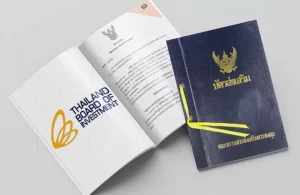Whether a property is situated in an urban or rural region, different procedures must be followed to transfer the title. In either scenario, it is advisable to seek advice from an experienced lawyer or real estate expert to help you navigate the procedure.
The following procedures are commonly included in the transfer process for real estate situated in an urban area:
1. Agreement of Sale: A sale and purchase agreement must be signed by the buyer and the seller and outline the parameters of the transaction.
2. Payment: The agreed-upon purchase price shall be paid by the buyer, usually via bank transfer.
3. Due Diligence: To make sure there are no unpaid debts or legal issues, the buyer should perform a full due diligence investigation of the property, including a title search.
4. Transfer of Ownership: The buyer and seller must visit the Land Department to transfer ownership of the property when the due diligence has been completed. This entails delivering the required paperwork and paying the transfer fee.
5. Registration: The new owner must register the property with the Land Department after the transfer of ownership is complete.
Similar procedures may apply to rural property, but further processes, like getting approval from the local government and surveying the land, may be necessary.
It is significant to note that although foreigners are generally permitted to buy buildings and condominium units in Thailand, they are typically not permitted to own land. It is crucial to speak with a trained lawyer or real estate expert if you are a foreigner interested in buying property in Thailand in order to comprehend the pertinent laws and rules.















